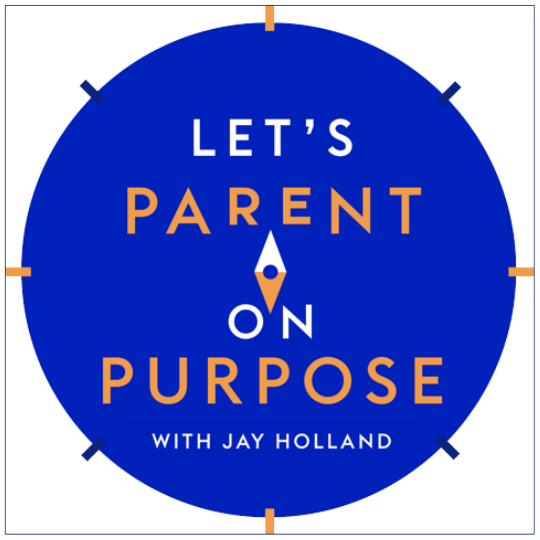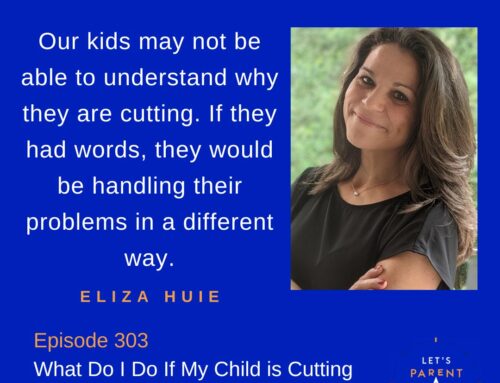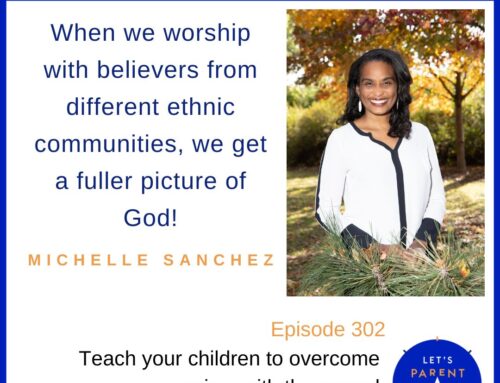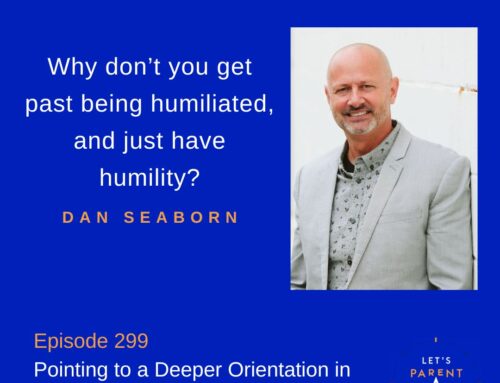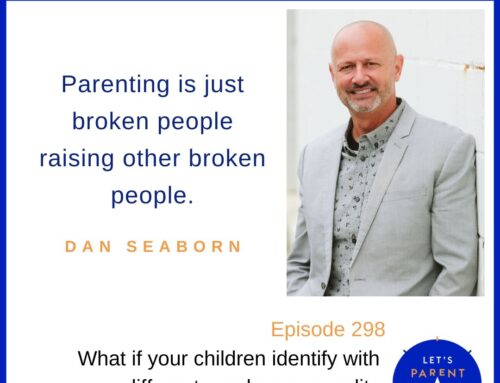Powered by RedCircle
Have you ever tried to keep a firm grip on a handful of Jello? The harder you squeeze, the greater the mess. Trying to control your kid’s behavior can often turn out the same way.
Many of us have had the thought “I’d be such a better parent if I could control my kid’d decisions!” But there are a few fallacies in that logic.
1)Your child is not a robot, and has a free will of their own.
2) You are a faulty human and blow choices all the time. If you controlled every decision your child makes, they’d still make plenty of bad decisions!
3) Having total control is not nearly as fun and exciting as trying to guide an unpredictable free willed human being!
So what if the key to seeing better outcomes with your child’s decision making was actually to relax your grip?
Psychologist Sylvia B. Rimm, PhD, states that people of all ages don’t think of control in absolute terms, but rather subjectively based on the previous levels of control they’ve experienced. What this means is that when we give our little ones too much decision making power, they feel much more offense as we get older and start reeling in their freedom. We parents actually do this all the time, because most choices a little kid makes feel inconsequential over the long term, but choices in adolescence can affect the rest of their lives. Sadly, many kids start with too much power and as a result live unhappy lives as they grow into adolescence and adulthood.
In the book Parenting Teens with Love and Logic, Foster Cline and Jim Fay speak of “the V of Love” when it comes to setting limits and building responsibility.

When children are small, rather than telling them everything to do, we can give them limited choices that don’t bear much consequence one way or another. For a toddler, this might be “Do you want the red or the blue cup”, and as they get a little older it might be “do you want to play soccer or basketball this year”. The key is to give them actual, but limited, decision making power, over areas where you feel comfortable with any of the choices. As they get older, you introduce more freedom, wider limits, and greater choice that comes with actual consequence. Important parental skills at this point include always giving them choices you will actually be willing to uphold, and not caving in to bail them out. But remember, they’re not always going to choose what you want. Sometimes we need to consult them on their decision, let them choose poorly, and then let natural consequences take over.
The goal is that by the time your children are in the middle of high school, they should be responsible for most of the choices in their life, so that moving out and college isn’t a shock to their system or a time to break free of the shackles while breaking all of the 10 commandments before breakfast.
When it comes to teens, I love these points from Parenting Teens with Love and Logic: “Don’t be greedy. Never take any more control than you absolutely need to have.” You want to avoid control battles at all costs, but when you’re absolutely forced into a control battle, win it at all costs. Because the stakes are so high, you need to pick those battles carefully.
You can’t control what kind of music your child likes. You can’t control who they are going to see at school and who they decide to befriend. You can’t control how much they care about school, work, etc. But you can give them a lifetime of realizing that they do have a choice, and that every choice has its consequences. God willing, with a little wisdom and a little freedom, when they’re finally done growing up they will have internalized the values you could never force into them in the first place.
